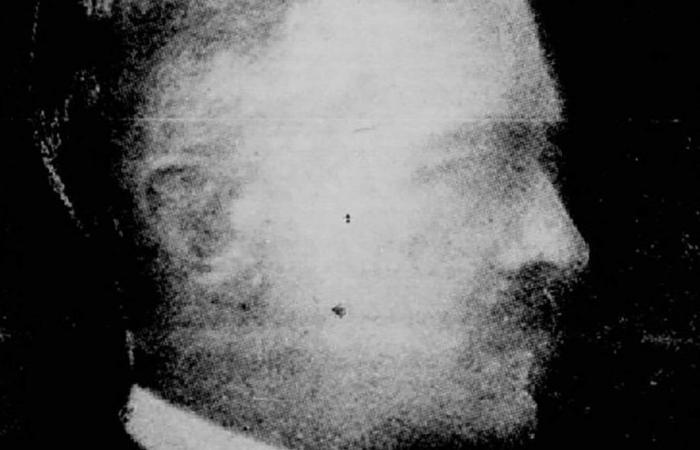Absent from all of Montreal’s large and small archival collections, parks and music philanthropist Charles Sandwith Campbell has managed to remain anonymous for the past hundred years.
Charles Sandwith Campbell (1858-1924) loved military bands, but he lived a life without fanfare. After practising law for more than 40 years and representing major companies in Montreal’s Golden Square Mile, he retired quietly in 1910 to a farm near Bedford in the Eastern Townships.
As he had no heirs, Mr. Campbell left part of his fortune to his beloved horse Kodak, so that he would have a peaceful life for the rest of his days. The philanthropist also allocated a fifth of his bequest, or $230,000 (the equivalent of 6.3 million in today’s dollars), to build parks in Montreal and another fifth of his inheritance, administered by the trust company Royal Trust, to fund free concerts.
This man was definitely an eccentric as well as a generous patron. The Campbell Concerts, which have absolutely nothing to do with the famous brand of soup, have become a summer tradition in Montreal since 1924. There are more than 5,200 free outdoor shows over the years that visitors have been able to listen to, always completely financed by a now century-old donation.
The tradition continues. On display this summer, a double bill in homage to the first editions: each guest artist will be preceded by a fanfare performance. Michel Rivard opened the festivities this Wednesday, June 26 with his show Around the block, which mixes music and theater. One of the most anticipated artists, Waahli, co-founder of the Montreal supergroup Nomadic Massive, will be performing on Wednesday, July 24 at Noël-Spinelli Park, in Lachine, and on Tuesday, August 13 at Place Alice-Girard, in Outremont. The Campbell Concerts will close on Tuesday, August 27 at Armand-Bombardier Park, in Rivière-des-Prairies–Pointe-aux-Trembles, with a show by Papagroove, which fuses afro-funk with rock elements.
“The Campbell Concerts were one of the first initiatives to democratize culture,” declared Ericka Alneus, responsible for culture, heritage, gastronomy and nightlife of the executive committee of the City of Montreal, at the beginning of the month. Access to music was very limited for the working class, who earned an average of $2.63 per day in 1923, according to Statistics Canada. The cost of tickets could be worth up to a full day’s work, as was the case for Al Jolson’s popular musical, Big Boywhose tickets ranged from $1.00 to $2.50, according to an advertisement published in the Canadian Jewish Chronicle in 1927.
A very intriguing man
The only known photograph of Mr. Campbell is a blurry portrait that makes it hard to see his features. His business partner and good friend, Frederick Edmund Meredith, told the Royal Trust: “Campbell was an extraordinarily modest man, and I don’t think you can find the details of his career in the little biographies.” Mr. Campbell is not even listed in the national archives of Quebec and the City of Montreal, or of McGill University, where he was a member of the board of governors at the turn of the 20th century.e century.
An article published in The duty in May 1924 indicated that “the executive committee took advantage of the generosity of the late Me C.-S. Campbell, by organizing a series of forty-eight concerts in our public parks over the summer.” These military band concerts were only held in working-class neighborhoods, thus offering everyone the opportunity to listen to music and directly.
Until the early 1970s, the program included the participation of the Royal Montreal Regiment (RMR) band. For 36 years, Montrealers were able to attend free presentations by the RMR, led by Captain Thomas Edward Jackson. The bands of the Canadian Grenadiers Guards, the Carabiniers Mont-Royal and the Royal Highland Regiment were also traditionally on the bill.
A pioneer of urban planning
Mr. Campbell not only contributed to the development of local music, he also helped create nine parks and playgrounds in Montreal’s working-class neighbourhoods, the City of Montreal said. In 1952, a portion of his assets helped build four parks in different parts of the city — Côte-Saint-Paul, Rosemont, and the west and north of the island of Montreal — reported The homeland in July 1953.
This initiative was a first in Montreal, which had not yet known garden cities — neighborhoods offering better living conditions for workers with access to playgrounds for children. The first, that of the tercentenary of the city of Montreal, was built in 1942. Located in Rosemont between Maisonneuve Park and the municipal golf course, it included some 160 affordable houses intended solely for workers.






